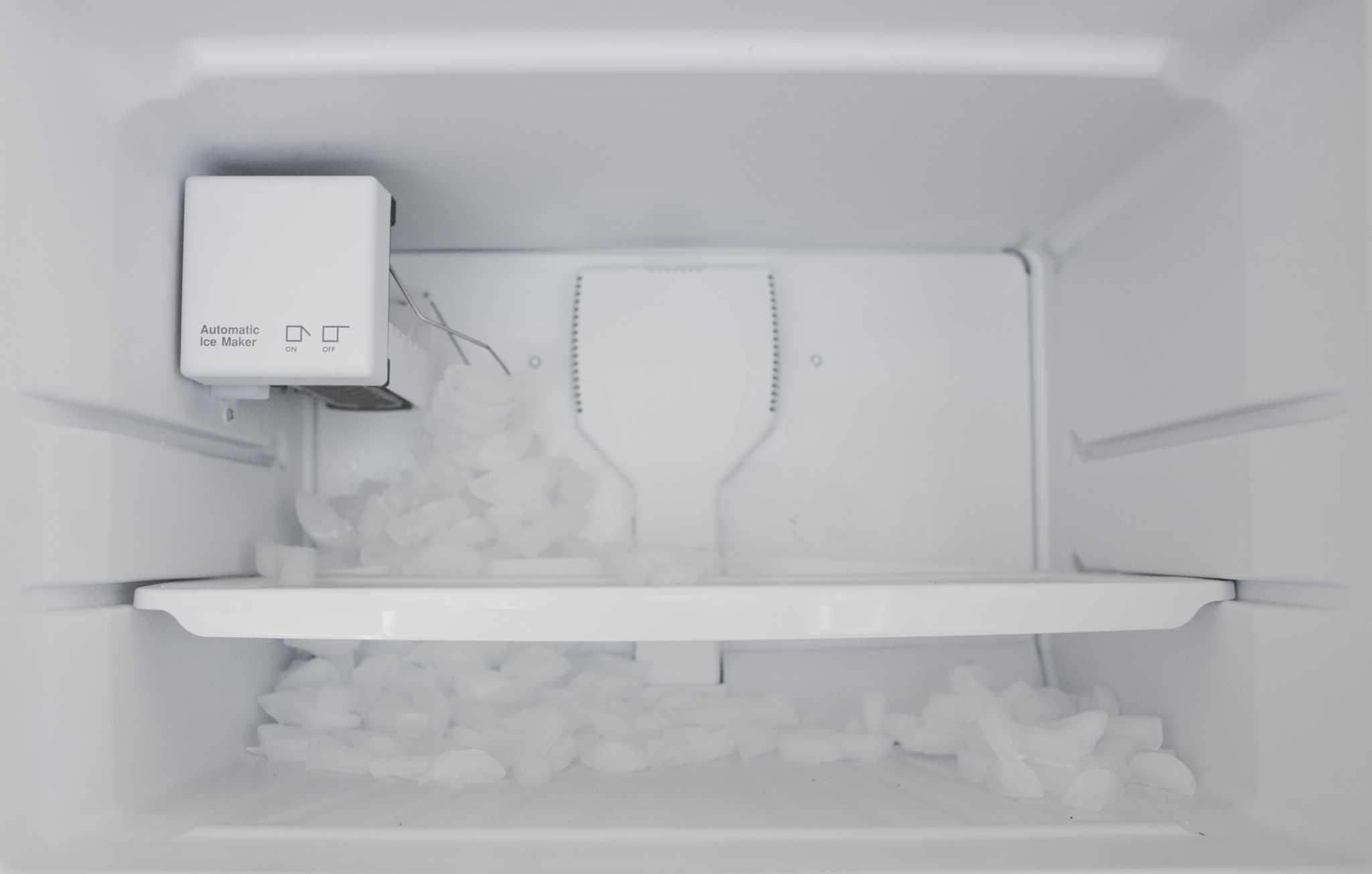

Articles
What Is A Frost Free Freezer
Modified: March 19, 2024
Discover the benefits of a frost-free freezer in this informative article. Learn how they work and why they are a convenient choice for storing your frozen goods.
(Many of the links in this article redirect to a specific reviewed product. Your purchase of these products through affiliate links helps to generate commission for Storables.com, at no extra cost. Learn more)
Introduction
Welcome to the world of frost-free freezers! If you’ve ever had to battle ice buildup in your freezer or deal with the inconvenience of defrosting, then you’ll appreciate the convenience and efficiency that a frost-free freezer brings to your kitchen. In this article, we’ll explore what exactly a frost-free freezer is, how it works, and its advantages and disadvantages.
A frost-free freezer is a modern appliance designed to eliminate the need for manual defrosting. Unlike traditional freezers, which require periodic defrosting to remove ice buildup, frost-free freezers use advanced technology to keep ice from forming in the first place. This not only saves you time and effort but also ensures a more consistent and efficient cooling environment for your frozen goods.
So, how exactly does a frost-free freezer work? Let’s delve into the inner workings of this ingenious appliance.
Key Takeaways:
- Say goodbye to the hassle of manual defrosting with a frost-free freezer! Enjoy consistent temperatures, better storage space, and energy efficiency without the inconvenience of ice buildup.
- Keep your frost-free freezer in top condition with regular maintenance and cleaning. Address common issues promptly and enjoy the convenience and efficiency it brings to your kitchen.
Read also: 14 Amazing Frost Free Freezer For 2024
How Does a Frost Free Freezer Work?
A frost-free freezer uses a combination of electric heaters, fans, and sensors to prevent ice formation and maintain a frost-free environment. The key components of a frost-free system include:
- Electric Heaters: These heaters are strategically placed within the freezer, usually in the walls or shelves. They periodically activate to raise the temperature of the freezer, melting any ice or frost that has accumulated. The heaters are equipped with sensors to ensure they don’t overheat or cause any damage.
- Fan: The frost-free freezer has a fan, often located in the back or top of the unit. Its primary function is to circulate the air inside the freezer, distributing the cold air evenly. When the freezer is in a defrosting cycle, the fan also helps to distribute the warmed air from the electric heaters, aiding in the melting of ice.
- Sensors and Controls: Frost-free freezers are equipped with sensors that constantly monitor the temperature and humidity levels inside the unit. These sensors work in conjunction with a control panel to regulate the various operations of the freezer. When the sensors detect a significant buildup of frost or ice, the control panel initiates a defrost cycle.
- Defrost Cycle: The defrost cycle is the process by which a frost-free freezer removes ice and frost buildup. When the sensors detect the need for defrosting, the control panel activates the electric heaters. The heaters warm up and raise the internal temperature of the freezer, causing the ice to melt. As the ice melts, the resulting water drains through a tube or channel into a collection pan located at the bottom of the freezer.
- Automatic Drainage: As mentioned above, the melted ice and frost collect in a pan located at the bottom of the freezer. This pan is designed to hold the water temporarily until it evaporates. Some frost-free freezers also have a drainage system that connects the collection pan to the outside of the freezer, allowing the water to drain automatically.
All these components work seamlessly together to create a frost-free environment inside the freezer, eliminating the need for manual defrosting.
Advantages of Frost Free Freezers
Frost-free freezers offer several advantages over traditional freezers. Let’s take a closer look at some of the key benefits:
- No Need for Defrosting: The most obvious advantage of a frost-free freezer is that it eliminates the need for manual defrosting. With a traditional freezer, you would have to regularly remove all the food, unplug the freezer, and wait for the ice to melt. This process can be time-consuming and messy. With a frost-free freezer, you can say goodbye to that inconvenience. The automatic defrosting cycle takes care of the ice buildup, saving you time and effort.
- Consistent Temperature: Frost-free freezers are designed to maintain a consistent temperature throughout the unit. This ensures that all your frozen goods are stored at the optimal temperature for long-term preservation. The even distribution of cold air also helps to prevent freezer burn, keeping your food fresh and flavorful.
- Better Storage Space: Since frost-free freezers don’t have ice buildup, you’ll have more usable storage space. Traditional freezers can accumulate thick layers of ice, reducing the available space for storing your frozen food. With a frost-free freezer, you can maximize the storage capacity and easily organize your items without worrying about ice getting in the way.
- Convenience: Frost-free freezers offer added convenience in your daily life. With no need for manual defrosting, you can spend more time on other tasks or simply enjoy your free time. Additionally, you won’t have to worry about the hassle of transferring your food to a temporary storage location while defrosting the freezer.
- Energy Efficiency: While frost-free freezers do consume energy during the defrosting process, they are generally more energy-efficient compared to traditional freezers. This is because the automatic defrost cycle is designed to be quick and efficient, minimizing energy consumption.
Overall, the advantages of frost-free freezers make them a popular choice for homeowners who value convenience, consistency, and efficiency in their kitchen.
Disadvantages of Frost Free Freezers
While frost-free freezers offer numerous benefits, there are a few disadvantages to consider as well. Let’s explore some of the potential drawbacks:
- Higher Initial Cost: Frost-free freezers generally come at a higher price point compared to traditional freezers. The advanced technology and additional components required for the frost-free system contribute to the increased cost. However, it’s important to weigh this initial investment against the long-term benefits and convenience that a frost-free freezer provides.
- Increased Energy Consumption: Although frost-free freezers are generally more energy-efficient during normal operation, the automatic defrosting cycle does consume additional energy. The heaters and fan require power to melt the ice, resulting in a slight increase in energy consumption compared to traditional freezers. However, the energy difference is generally minimal and can be offset by the energy savings from not having to manually defrost the freezer.
- Potential for Temperature Fluctuations: In some cases, frost-free freezers may experience slight temperature fluctuations during the defrost cycle. The temperature rise caused by the electric heaters can temporarily affect the internal temperature of the freezer. While this fluctuation is usually minimal and quickly regulated, it’s worth noting if you have extremely temperature-sensitive items stored in the freezer.
- Noisy Operation: Frost-free freezers can be noisier compared to traditional freezers. This is primarily due to the operation of the fan and the occasional activation of the electric heaters. The noise level is generally low and not noticeable in most environments, but it’s something to consider if you have a preference for quieter appliances.
- Limitations for Certain Items: Some items, such as homemade ice cream or certain types of baked goods, may not freeze as well in a frost-free freezer. The constant circulation of air and temperature fluctuations during the defrost cycle can potentially affect the texture and quality of these items. However, for the majority of frozen goods, a frost-free freezer provides adequate and consistent freezing conditions.
It’s important to evaluate these disadvantages and determine if they outweigh the benefits of a frost-free freezer based on your specific needs and preferences.
When looking for a frost-free freezer, make sure to consider the size and capacity that best fits your needs. Also, look for features such as adjustable shelves and temperature controls for added convenience.
Maintenance and Cleaning Tips for Frost Free Freezers
To keep your frost-free freezer running efficiently and ensure the longevity of the appliance, regular maintenance and cleaning are essential. Here are some tips to help you keep your freezer in top condition:
- Regularly Defrost and Clean: While a frost-free freezer eliminates the need for manual defrosting, it’s still important to clean the interior regularly. Remove the food items from the freezer and wipe down the shelves, walls, and drawers with a mild detergent solution. Rinse with clean water and dry thoroughly before placing the food back inside.
- Check the Door Seal: A proper door seal is crucial for maintaining the temperature inside the freezer and preventing cold air from escaping. Periodically inspect the seal for any signs of wear or damage. If you notice any gaps or issues, replace the seal to ensure an airtight closure.
- Avoid Overloading: While it may be tempting to fill up your freezer with as much food as possible, avoid overloading the appliance. Overloading can lead to poor airflow and uneven cooling. It’s best to leave some space for the cold air to circulate freely. Check the user manual for specific guidelines on maximum load capacity.
- Remove Ice Buildup: Although a frost-free freezer is designed to prevent ice buildup, it’s still possible for some frost or ice to accumulate over time. If you notice any significant ice buildup, gently remove it with a plastic scraper or a soft cloth. Avoid using sharp objects that can damage the interior surfaces.
- Keep the Freezer Ventilated: Ensure that there is proper ventilation around your frost-free freezer. Allow sufficient space between the appliance and the surrounding walls or cabinets to promote proper airflow. This helps the freezer operate efficiently and prevents the compressor from overworking.
- Regularly Check and Change the Water Filter (if applicable): Some frost-free freezers come with built-in water dispensers or ice makers that require a water filter. It’s important to check the filter regularly and replace it according to the manufacturer’s recommendations. This ensures that the water being used in your freezer is clean and free from impurities.
- Keep the Freezer Level: Ensure that your frost-free freezer is properly leveled to prevent it from rocking or vibrating excessively. Use a spirit level to check the appliance’s balance and adjust the leveling feet as needed.
- Consider Power Outage Preparedness: In the event of a power outage, keep the freezer door closed as much as possible to retain the cold air. Consider having backup power options, such as a generator or battery-powered backup, to keep the freezer running during extended power outages.
By following these maintenance and cleaning tips, you can keep your frost-free freezer in optimal condition, ensuring efficient performance and prolonging its lifespan.
Read also: 11 Best Upright Freezer Frost Free For 2024
Common Issues and Troubleshooting for Frost Free Freezers
Although frost-free freezers are designed to be efficient and trouble-free, occasional issues can still arise. Here are some common problems you may encounter with your frost-free freezer and tips for troubleshooting them:
- Excessive Frost or Ice Buildup: If you notice excessive frost or ice buildup inside your freezer, it could indicate an issue with the defrost system. Check if the door is closing properly and ensure there are no obstructions preventing proper airflow. If the problem persists, there may be a malfunction with the defrost timer, thermostat, or heater. In such cases, it is advisable to contact a professional technician for further assistance.
- Unusual Noises: While some noise is normal during the operation of a frost-free freezer, loud or unusual noises may indicate a problem. A rattling noise could be a sign of loose components or a worn-out fan motor. Grinding or squealing sounds may indicate a malfunctioning motor or a faulty bearing. If you notice any unusual noises, it’s best to have a qualified technician inspect the freezer to diagnose and resolve the issue.
- Inconsistent Temperature: If you find that the temperature inside the freezer is fluctuating excessively, it could be due to a faulty thermostat or a problem with the temperature sensor. Check the temperature settings to ensure they are properly adjusted. If the issue continues, it’s recommended to have the freezer examined by a professional to identify and address the underlying cause.
- Leaking Water: If you notice water pooling around the freezer or leaking, it could be due to a clogged or faulty drainage system. Inspect the drainage tube or channel at the back of the freezer to ensure it is clear of any obstructions. If the problem persists, it’s advisable to seek assistance from a technician to inspect and repair the drainage system.
- Power Issues: If your frost-free freezer is not running or not cooling properly, check the power source and ensure it is properly connected. Verify that the circuit breaker or fuse is not tripped or blown. If the power supply is fine, but the freezer still doesn’t work, there may be a problem with the compressor or the electronic control board. In such cases, it’s recommended to consult a professional for further diagnosis and repair.
Remember, if you encounter any issues with your frost-free freezer that you are unsure how to fix, it’s always best to consult the manufacturer’s manual or seek professional assistance. Attempting DIY repairs without the proper knowledge or experience can potentially cause more harm than good.
By being aware of common issues and knowing how to troubleshoot them, you can resolve minor problems and ensure the smooth operation of your frost-free freezer.
Conclusion
In conclusion, frost-free freezers are a revolution in modern kitchen appliances, providing convenience, efficiency, and long-term preservation for your frozen goods. These innovative appliances use electric heaters, fans, and sensors to prevent ice buildup and eliminate the need for manual defrosting.
By maintaining a consistent temperature and even distribution of cold air, frost-free freezers ensure that your frozen items stay fresh and free from freezer burn. The advantages of frost-free freezers include no need for defrosting, better storage space utilization, consistent temperatures, convenience, and enhanced energy efficiency.
However, there are a few considerations when opting for a frost-free freezer. These include the higher initial cost, increased energy consumption during defrost cycles, potential temperature fluctuations during defrosting, slightly noisier operation, and limitations for specific items.
To keep your frost-free freezer in excellent condition, regular maintenance and cleaning are necessary. This includes regularly defrosting, checking the door seal, avoiding overloading, removing ice buildup, ensuring ventilation, and keeping the freezer level. It’s also important to address common issues such as excessive frost or ice buildup, unusual noises, inconsistent temperature, water leaks, and power issues promptly and appropriately.
In case of any doubts or major issues, it’s best to consult the manufacturer’s manual or seek professional assistance. Attempting do-it-yourself repairs without the necessary knowledge and experience may lead to further complications.
Overall, frost-free freezers are a valuable addition to any kitchen, offering efficiency, convenience, and a frost-free environment for your frozen goods. With proper maintenance and care, your frost-free freezer will continue to serve you well for years to come.
Frequently Asked Questions about What Is A Frost Free Freezer
Was this page helpful?
At Storables.com, we guarantee accurate and reliable information. Our content, validated by Expert Board Contributors, is crafted following stringent Editorial Policies. We're committed to providing you with well-researched, expert-backed insights for all your informational needs.
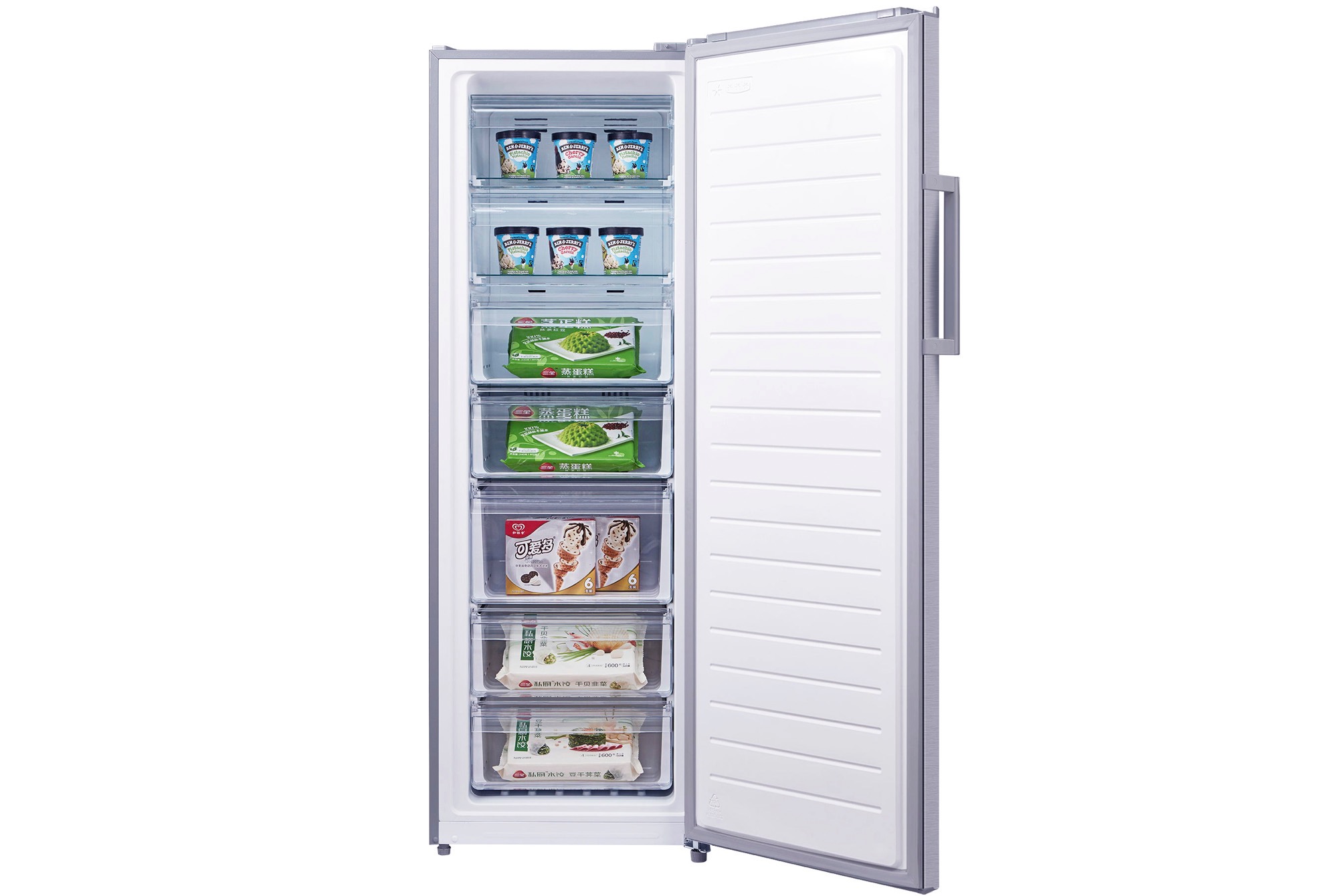
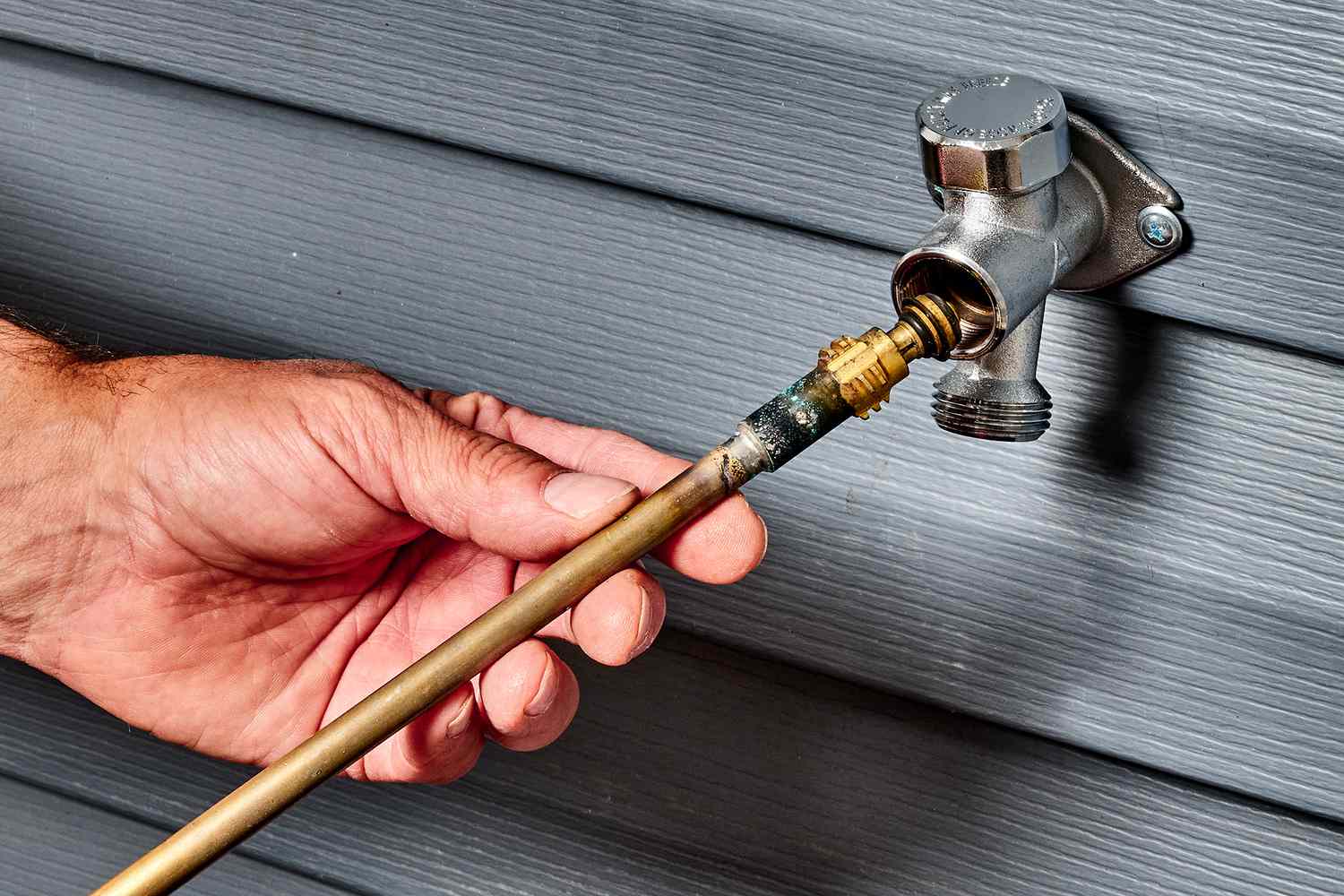
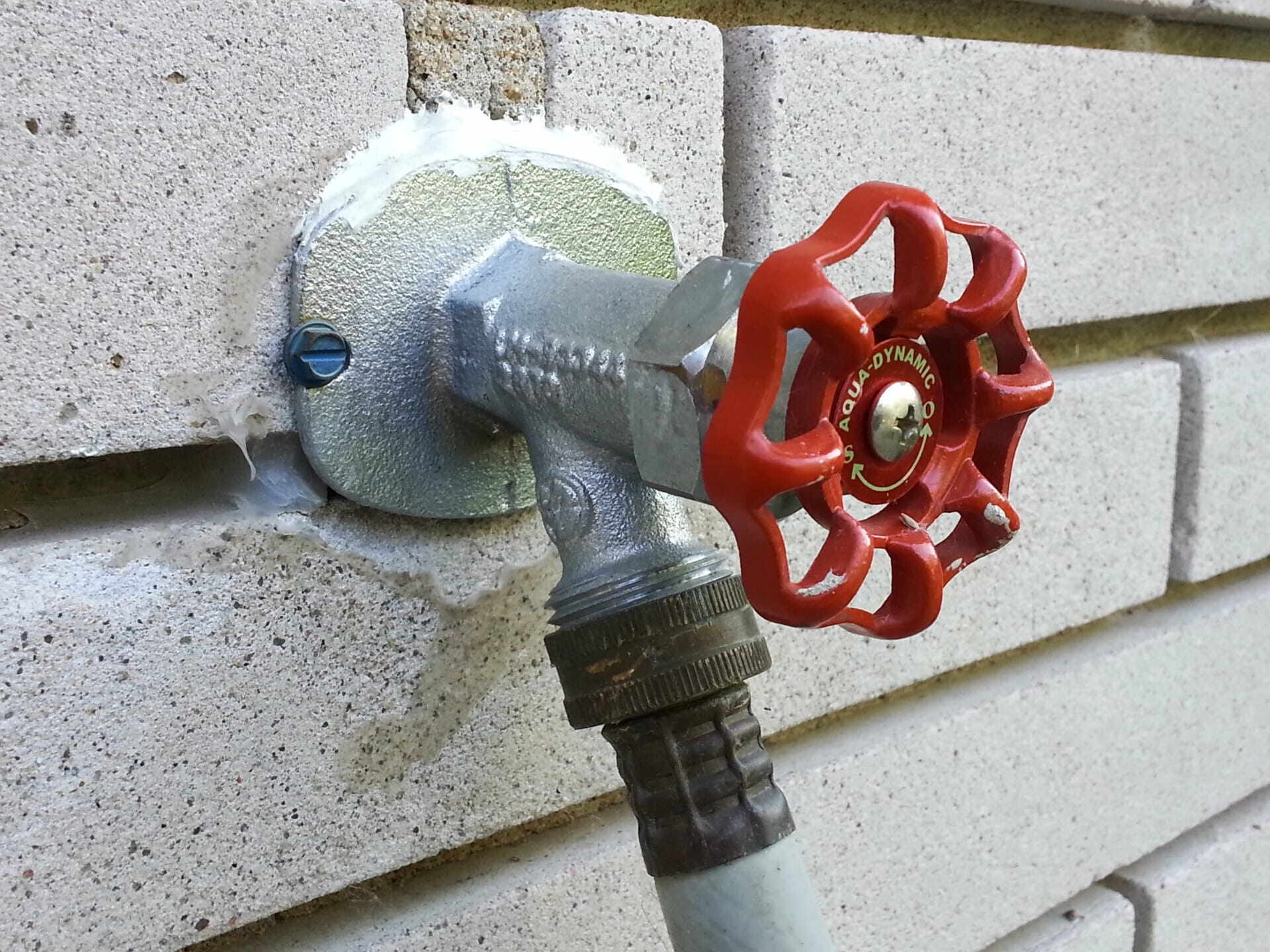
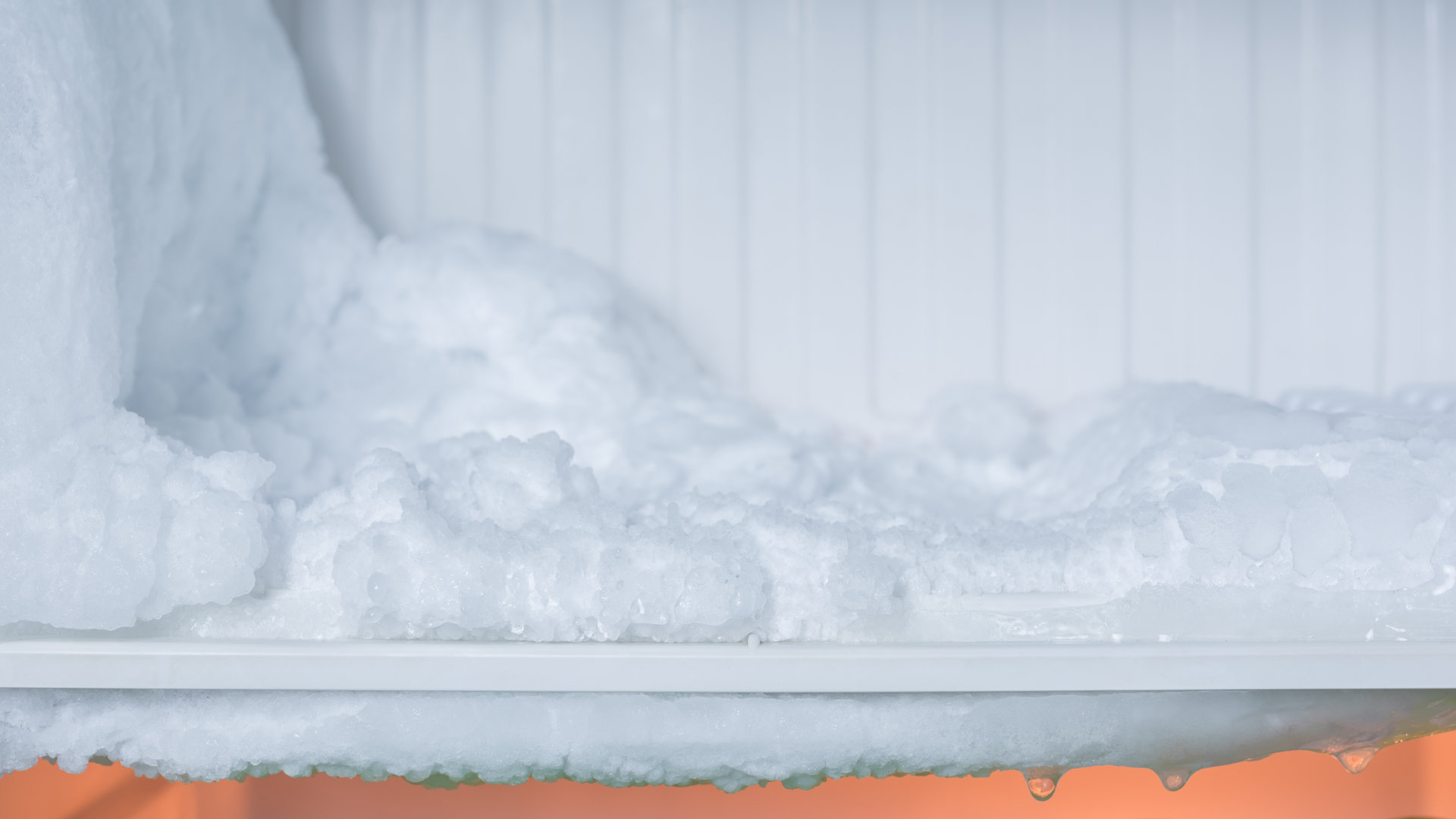
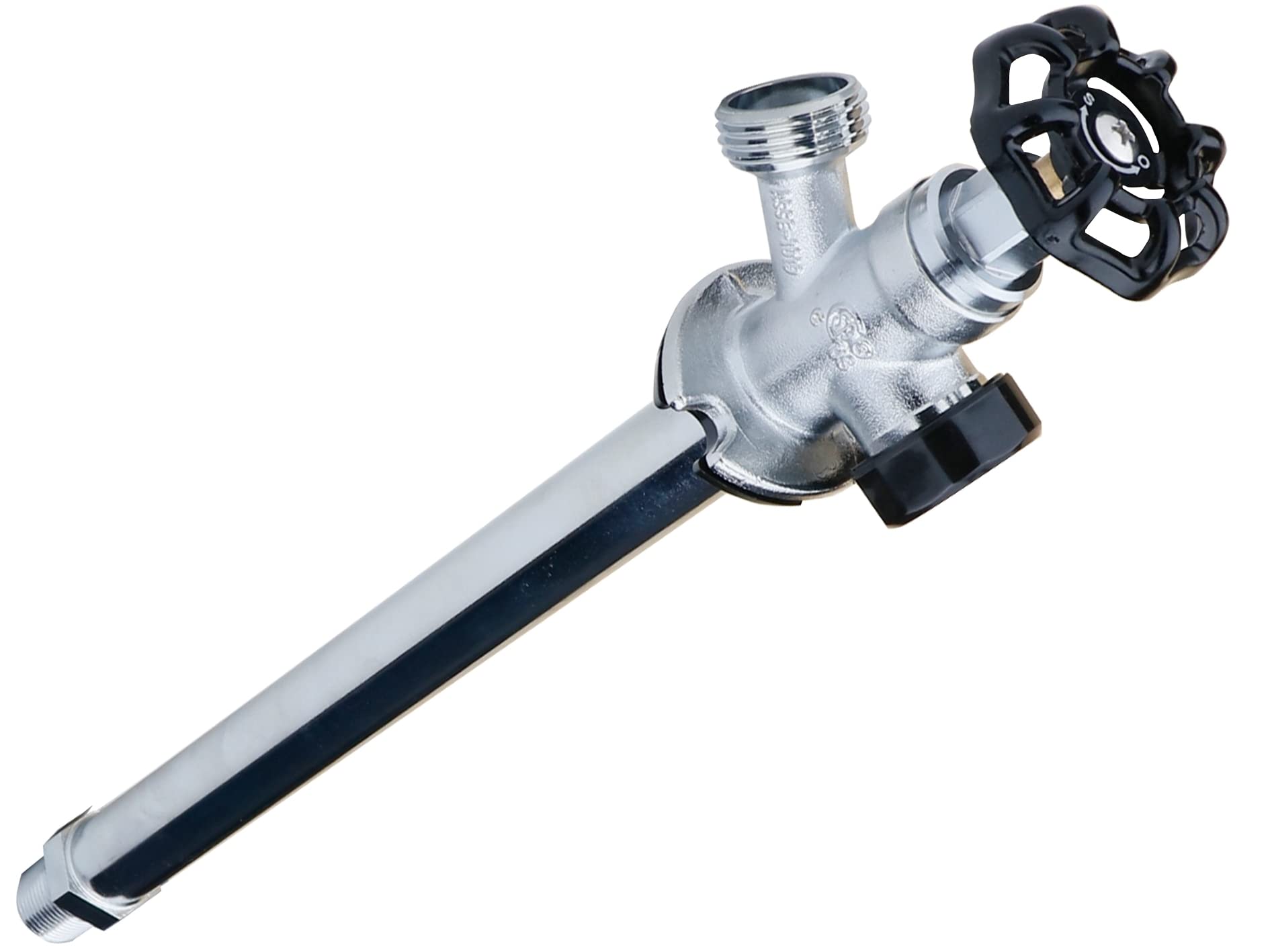
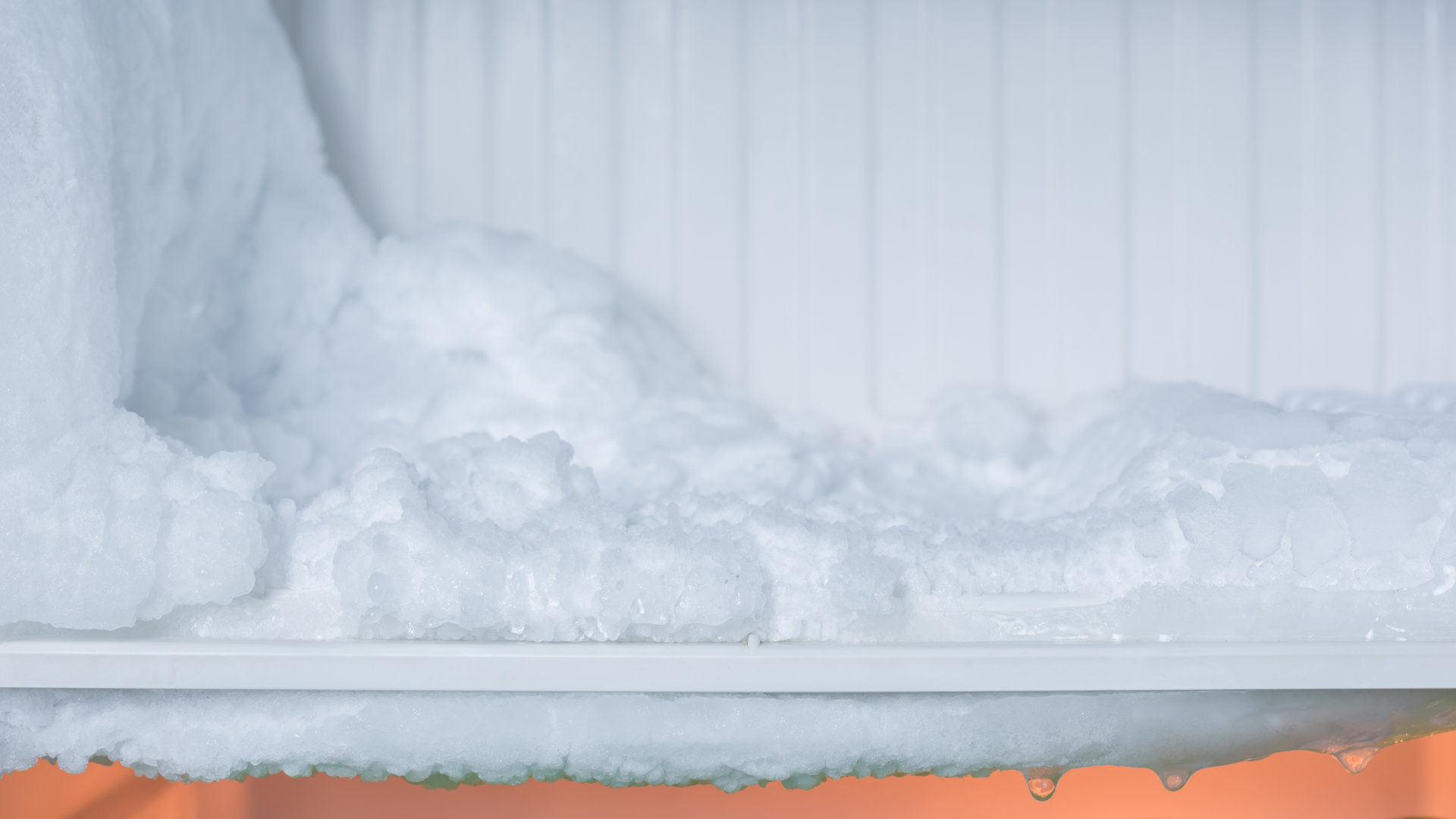

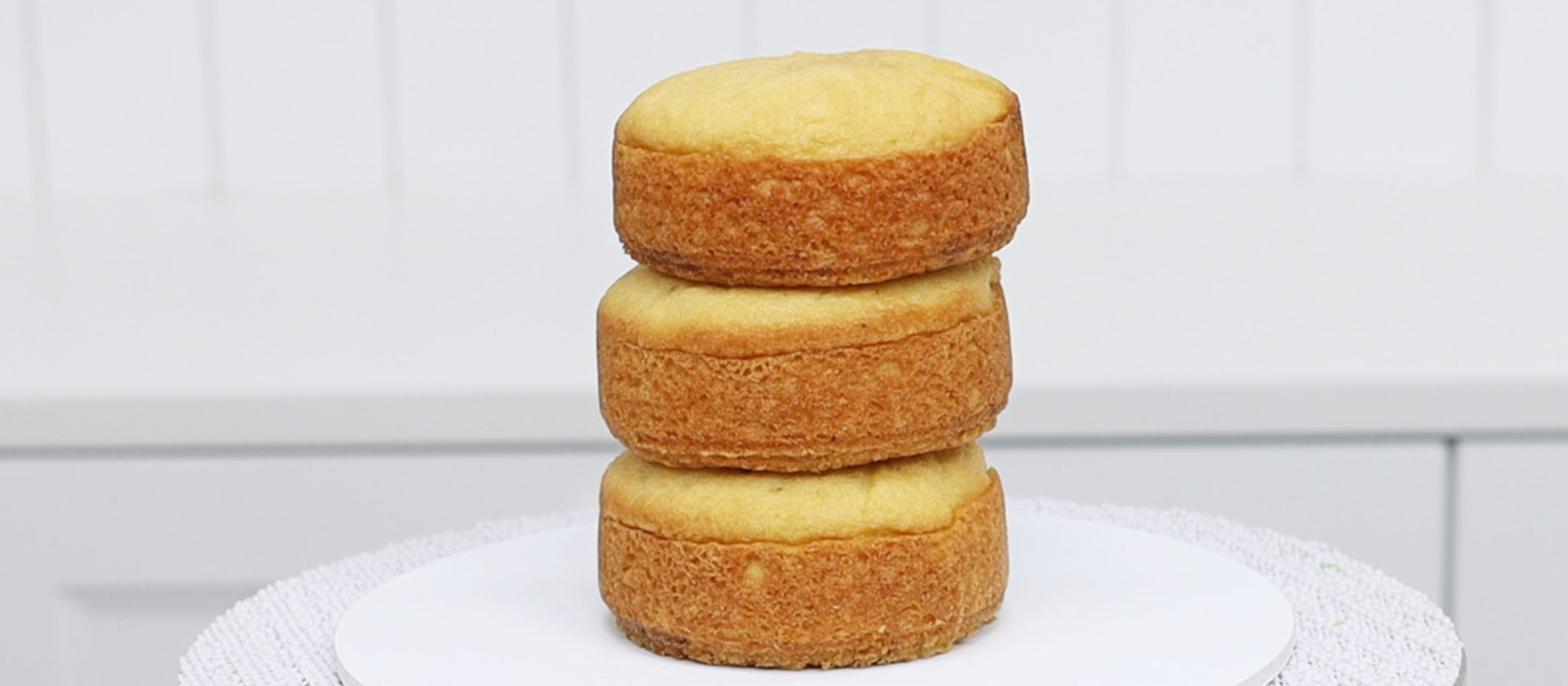
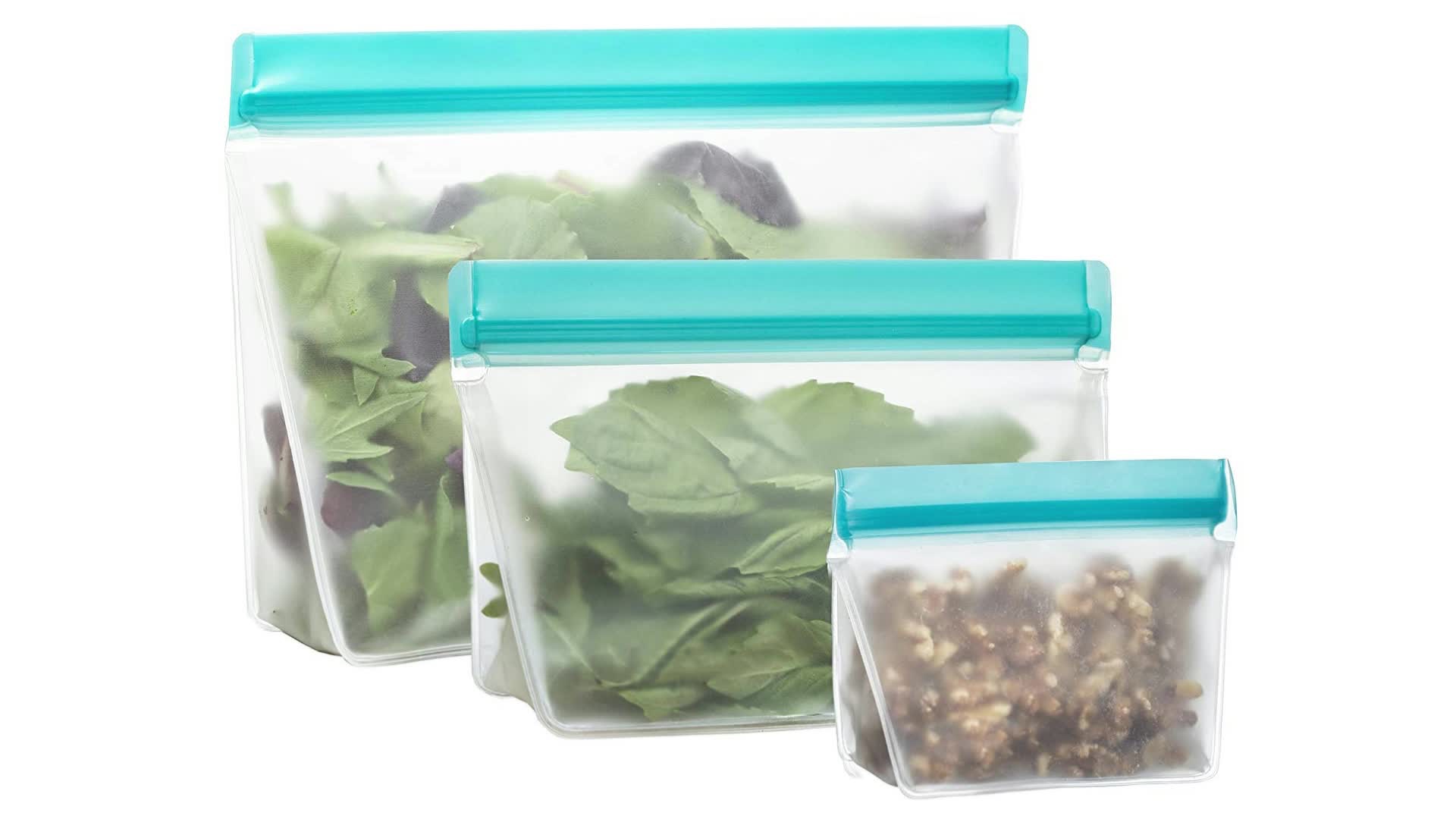
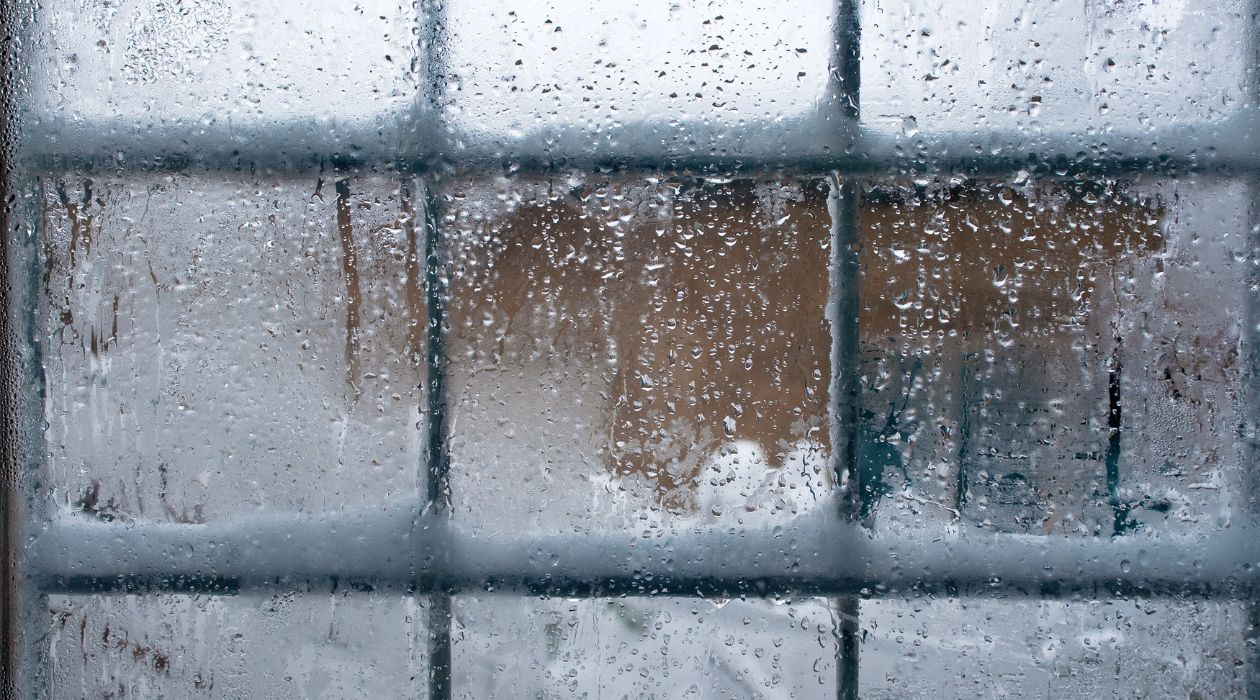
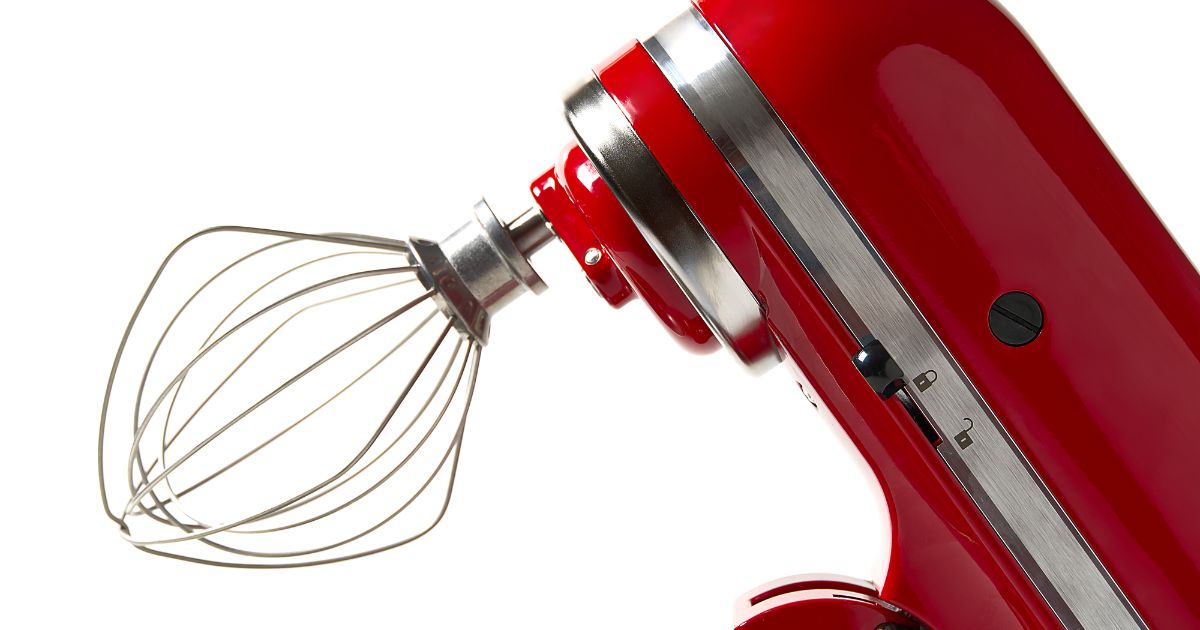
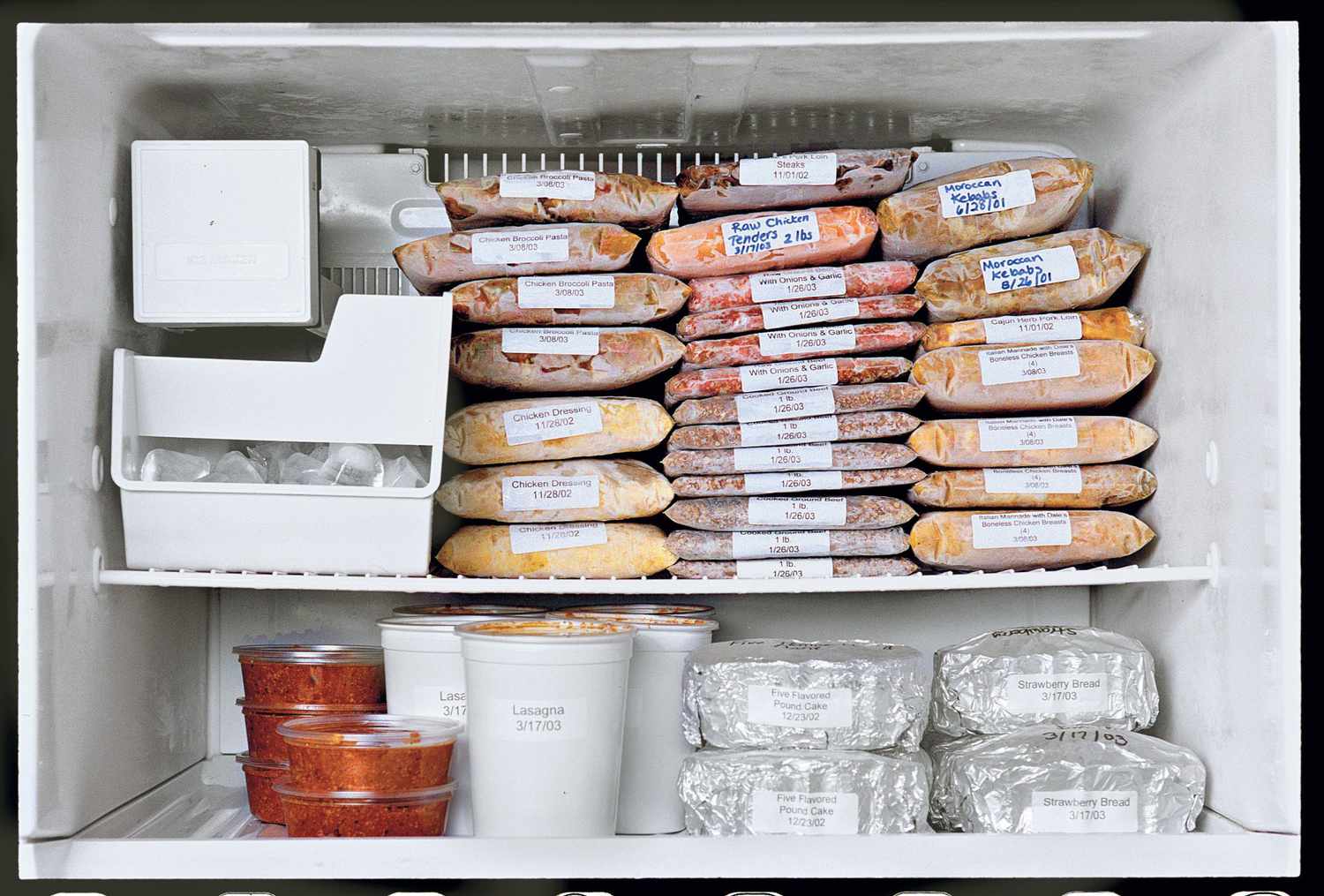

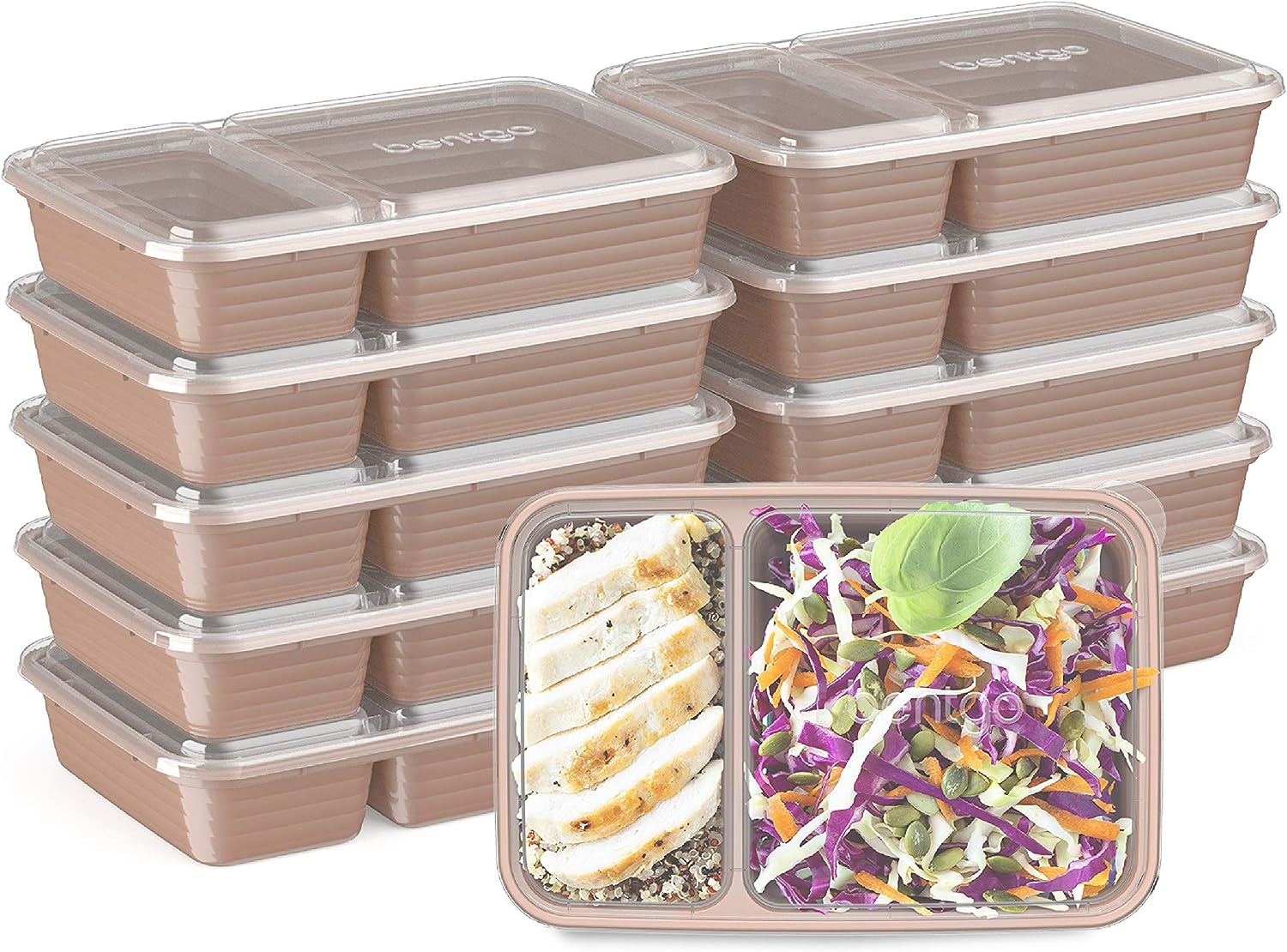

0 thoughts on “What Is A Frost Free Freezer”